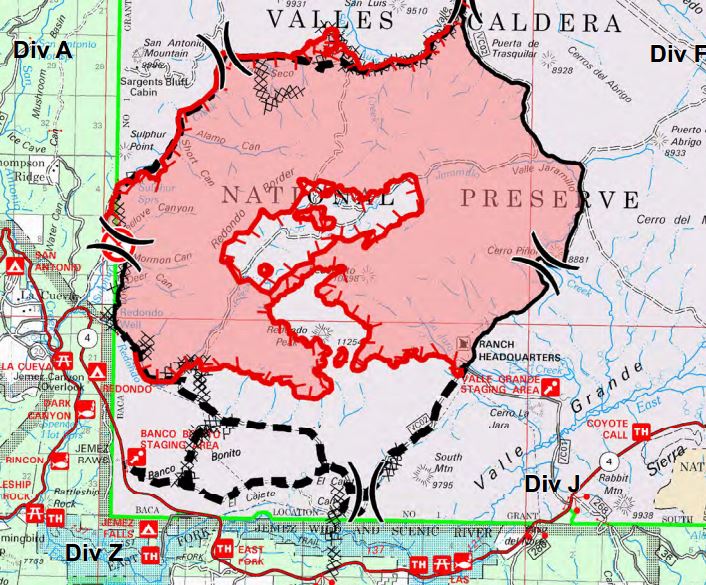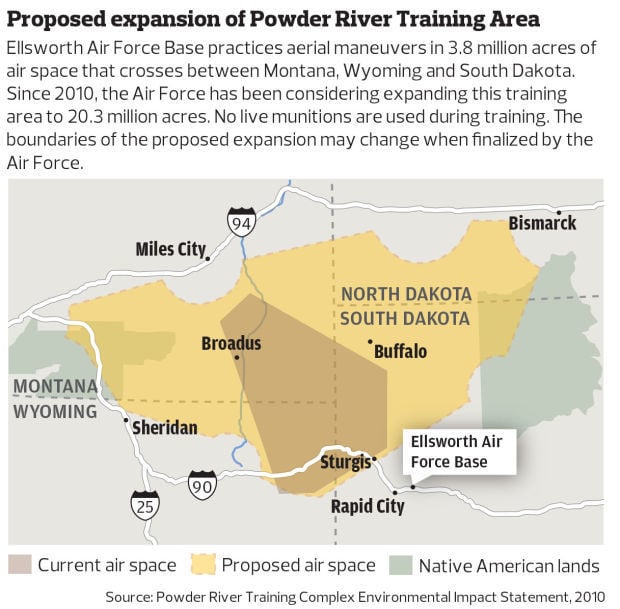South Dakota-based Wildfire Today posted a story on the Thompson Ridge Fire: map above.
Bandelier National Monument has bermed the visitor center with sandbags to defend the facility from both flooding and wildfires. Managers of public lands in the Black Hills could learn from Bandelier's lessons.
Macaw petroglyph
Elk petroglyph
Long House
Cavate with sunlight
Las Conchas Fire survivor pic.twitter.com/c6WNGolWgO
— interested party (@larry_kurtz) November 30, 2014
From the Albuquerque Journal Online:
Amid the thousands of acres of vaporized trees and blackened vegetation sat an island of green — a 5,000-plant marijuana plantation that survived both this summer’s massive Las Conchas Fire and catastrophic flooding that followed. The 6- to 10-foot-tall marijuana plants were grown in Bandelier National Monument by unknown growers, who remain at large and who officials believe battled the fire to protect their plants. The 5,000 marijuana plants, which survived a fire that burned more than 150,000 acres of New Mexico wildland, were pulled from their roots Thursday and taken by Black Hawk helicopter to an undisclosed area and burned.From the New York Times Green Blog:
According to Craig Allen, a research ecologist with the United States Geological Survey in Los Alamos, N.M., forests in the region have not been regenerating after the vast wildfires that have been raging for the last decade and a half. Dr. Allen, who runs the Jemez Mountains Field Station at Bandelier National Monument, says those forests are burning into oblivion and grasslands and shrub lands are taking their place. “Rising temperature is going to drive our forests off the mountains,” he said. Seeking to preserve existing systems is futile, he said.
Mixed pine, fir and aspen stand after Las Conchas Fire
Sentinels
Ortiz Mountains from burn





























